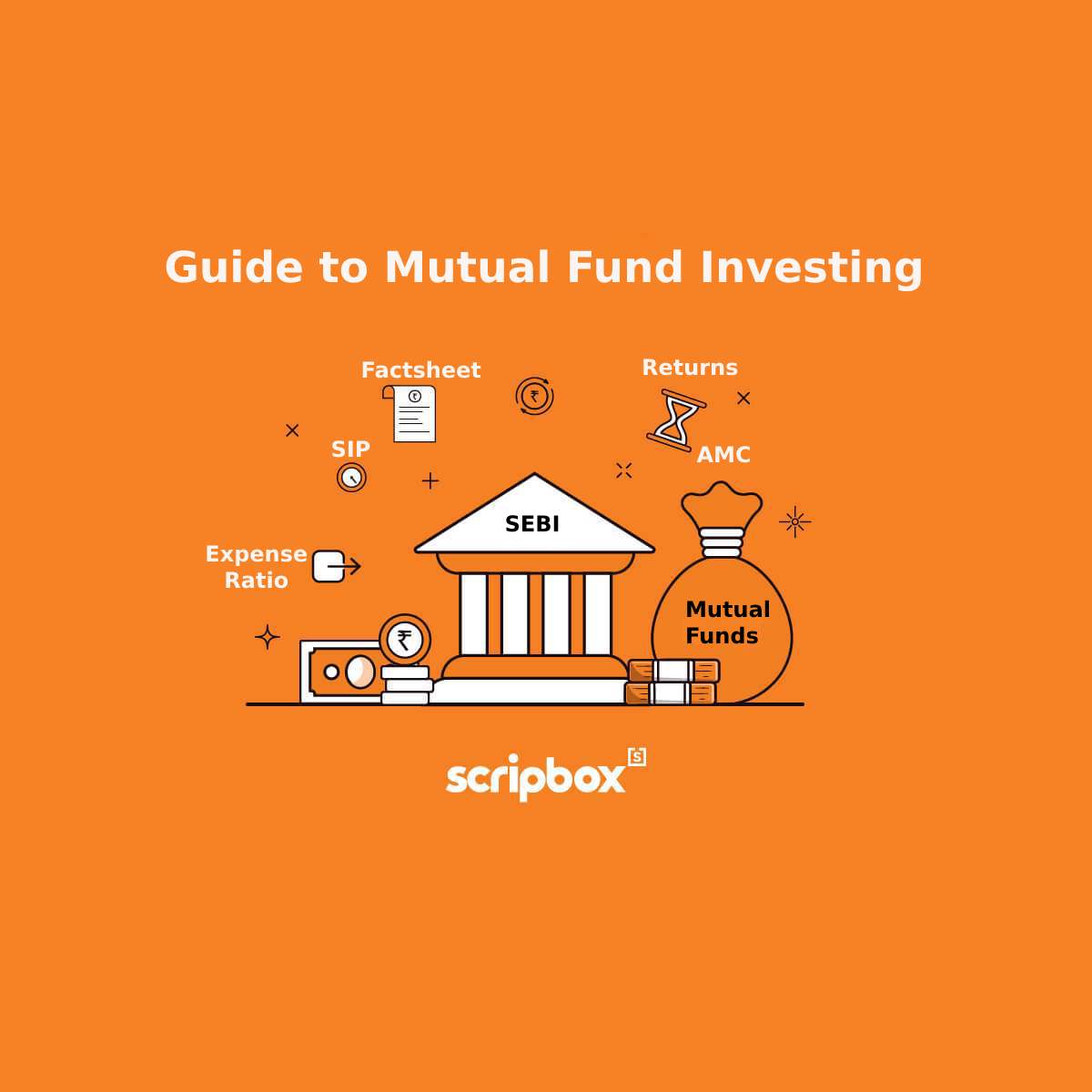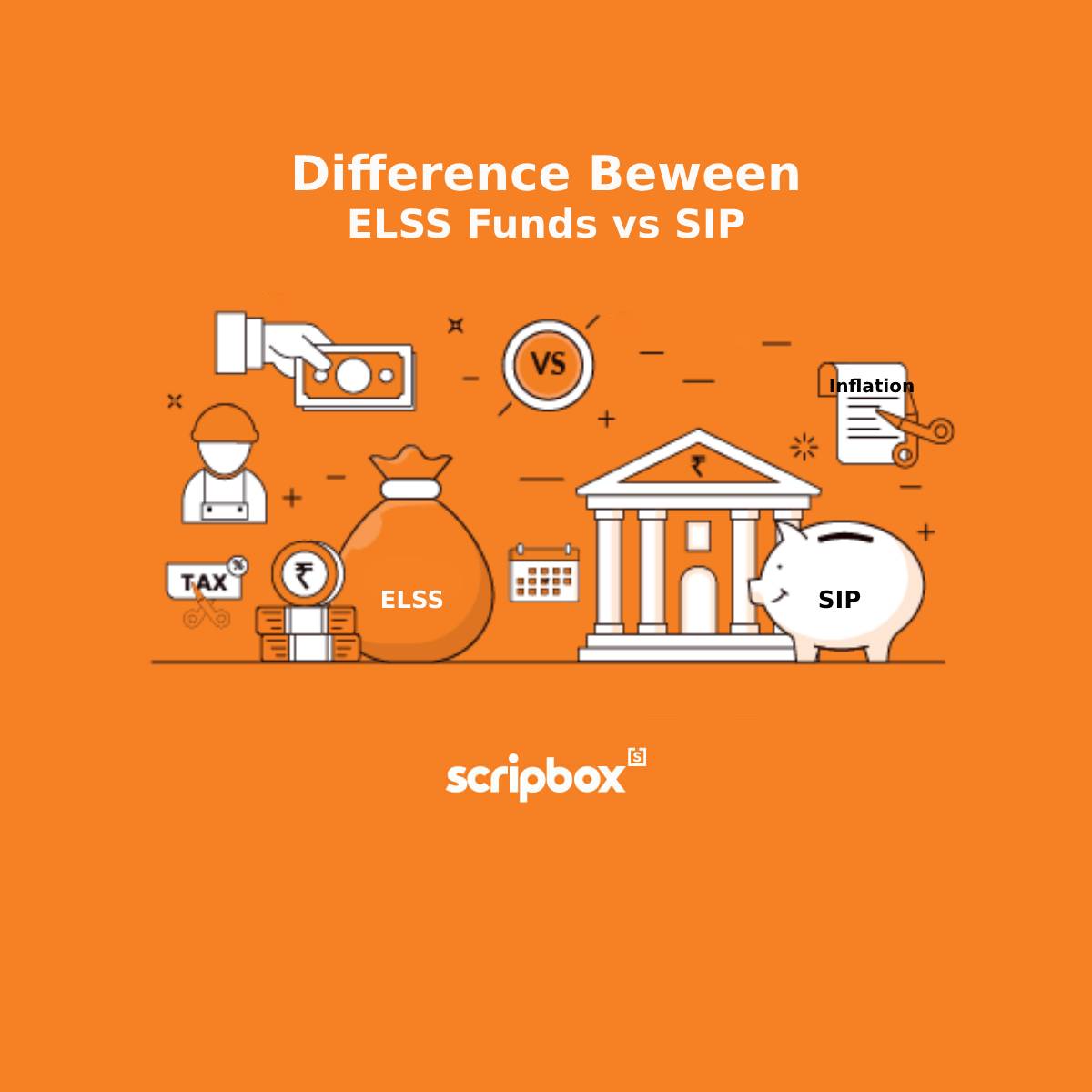Gold is perhaps the most coveted and desired asset in India. In India, gold investment happens in 4 different ways. The most popular one being in physical form. However, gold mutual funds, gold ETFs, and sovereign gold bonds are gaining importance in the Indian market. This article has covered why gold should be considered an investment option and the different forms of investing in gold.
Why should you invest in Gold?
Gold is a unique asset with social and emotional value. This yellow metal is also scarce, making it a luxury good. Moreover, gold investment in India can never go wrong as it is highly liquid and acts as a hedge in an investment portfolio. Following are the reasons why one should invest in gold.
1. Gold Investments are Highly liquid
Gold is not just an investment vehicle. In India, people also buy gold for consumption. Hence it is not just driven by investment demand but also has mainstream gold demand. Therefore, this scarce good is liquid. Moreover, one can liquidate their gold investment easily anywhere in the world. Also, gold always has a value, and it will never go to zero.
2. Hedge against inflation and currency risk
Gold is a good hedge against inflation. As inflation rises, the currency will lose its value and purchasing power. Also, as inflation rises, all major currencies have depreciated. However, gold prices have gone up. This is because, when the inflation rate is above the interest rate, the value of gold goes up. Moreover, the returns from gold in the last decade is higher than the inflation rate, hence making it a good hedge against inflation and currency risk.
3. Helps in diversification
Having gold in an investment portfolio helps in diversification. This is mainly because gold has a low or negative correlation with all other asset classes. Also, this yellow metal acts as a good hedge against volatility in an investment portfolio. Moreover, all the macro and microeconomic factors that affect other asset classes do not influence the price of gold. Furthermore, financial experts suggest that an investment portfolio should ideally have 2-10% of gold to achieve perfect diversification.
4. No Expertise knowledge
Investing in gold doesn’t require any special knowledge for investing. However, all other financial assets require investors to have knowledge about the product, the right time of entry and exit. At the same time, gold is a commodity that doesn’t require any special knowledge of trading or investing. This is because gold can never lose value, and gold investment can never go bankrupt. Hence one can liquidate their investments anytime.
How to invest in Gold?
Gold as an investment has great importance in Indian culture. Earlier, the only way to invest money in gold was by investing in physical gold. Also, physical gold could be bought in the form of gold bullion coins, gold jewellery or artefacts. With gold still being among the largest bought assets, there are multiple ways one can now invest in gold in India. Following are the popular ways to invest money in gold:
- Physical Gold
- Gold Mutual Funds
- Gold Exchange Traded Funds (ETFs)
- Sovereign Gold Bond
1. Physical Gold
This is the most popular way of investing in gold. Buying physical gold is as simple as reaching out to the nearest jeweller. One can buy gold in the form of gold jewellery or gold bars and coins. The gold bars and coins are of 24 karat purity and 999 fineness. Also, a gold coin is hallmarked with BIS standards. Hence, investors can easily sell these at the showrooms.
On the other hand, buying physical gold in the form of jewellery is a costly affair. For example, making charges and wastage percentages are quite high for gold jewellery. The making charges typically range between 6% to 14% of the cost of the gold. While reselling, the wastage charges are also quite high.
On the other hand, gold savings schemes are popular small investment schemes. Under this scheme, one can deposit a fixed amount every month for a chosen tenure with the jeweller. And, at the end of the tenure, one can buy gold from the same jeweller. The purchase happens at the prevailing gold price. Also, in most cases, the jeweller adds one month’s instalment worth amount at the end of the tenure or may offer a gift item.
2. Gold Mutual Funds
Gold mutual funds invest in companies that deal in gold in some form, for example, gold mining companies. These funds are open-ended funds that invest in units of a Gold ETF. Also, gold funds generate wealth by making use of the potential of gold as a commodity. Moreover, investing in gold funds doesn’t have the hassle of holding physical gold.
Additionally, gold funds offer professional fund management. The price of a gold fund is in terms of the Net Asset Value (NAV). The asset management company publishes the gold fund’s NAV at the end of the day. The fluctuations in gold prices in the market has an impact on the NAV of the fund. It is quite beneficial to invest in a gold fund when there is uncertainty in the market. During a market downturn, gold funds are a good way to hedge one’s portfolio.
3. Gold Exchange Traded Funds (ETFs)
Gold exchange traded fund is an open-ended mutual fund whose underlying asset is gold. The value of a gold exchange traded fund is based on the price of physical gold. Also, one gram of gold is equal to one unit of the gold ETF. In India, the trading of Gold ETFs happens on stock exchanges. Hence, it is easy to buy or sell on stock exchanges. Also, some ETFs invest in gold bullion.
Furthermore, investing in gold ETF has dual benefits of investing in gold and participating in the market. Additionally, investors can redeem their investments in unit form. In other words, in case an investor holds a specific value of gold in ETF form, they can redeem the same in physical form.
Moreover, investment in this gold investment plan helps in beating inflation in the long term. Additionally, they come with uniform purity, and one doesn’t have to worry about theft or loss. Gold ETFs are taxed like debt mutual funds. From April 1st 2023, Capital gains from Gold ETFs are taxable as per the investor’s income tax slab rate, irrespective of the investment holding tenure.
4. Sovereign Gold bonds
The Reserve Bank of India issues Sovereign Gold Bonds (SGB). These are denominated in grams of gold. Also, they are a good substitute for holding physical gold. Investors invest in these government backed securities by buying them at issue price. Furthermore, they can redeem this gold investment plan in cash on maturity. Also, the interest on the gold bond is taxable as per Income Tax Act 1961.
Features of Gold, Gold Funds and Gold ETFs
Following are the features of physical investment in gold, gold funds and gold ETFs:
| Physical Gold | Gold Exchange Traded Funds (ETFs) | Gold Funds |
| Direct investment in physical gold as a gold bar, gold coin, and gold jewellery. | An investor buys and holds a proportionate value of gold, however not in physical form. | Invest in bullion coins and gold mining companies |
| No Demat account required. | For purchasing Gold ETFs, a Demat account is required. | No Demat account required. |
| The prices of gold are affected by gold demand and supply. | Gold ETF prices are affected by the change in gold prices. | Price fluctuations in gold prices do not directly impact gold funds. |
| No additional charges for purchasing physical gold; however, the buyer has to bear making charges. | Have additional charges such as asset management and brokerage fees | A minimum fund management fee is charged. Also, there are entry and exit charges. |
| Risk of theft is associated with holding physical gold. | No hassle of holding and trading gold in physical form | No theft or burglary risk, as the gold investor doesn’t hold it in physical form. |
| Zero paperwork while investing in physical gold | Paperwork is necessary for investing in gold ETFs. | Paperwork is necessary for investing in gold funds. |
| Gold prices are not affected by stock market fluctuations. On the other hand, gold investments are good hedging assets during bearish times. | Prices not affected by stock market fluctuations. | Affected by stock market fluctuations. For example, when the market is bearish, the gold stocks may take the fall too. |
| SIP, Systematic Investment Plans are not available | No SIP option | SIP option available |
| Suitable for conventional investors | It is suitable for investors with the time and knowledge to trade gold. | Suitable for investors who expect significant returns and are willing to take a calculated risk |
Gold Investment vs Mutual Funds
Gold and mutual funds are two very different investment products. They belong to two different asset classes, returns from each of them differ, they have varying levels of risk, and their taxation structure differs. The following table lists the differences between the two investment products.
| Gold Investment | Mutual Funds | |
| Meaning | Gold is a precious metal used for consumption and as well as investment. | Mutual funds are an investment vehicle that pools money from multiple investors with similar objectives. |
| Returns | Gold doesn’t pay regular dividends nor captures market highs. However, the returns from gold investment are higher than inflation in the long term. Moreover, when the market falls, the value of gold has gone up. | Mutual funds invest in equity and debt securities and capture market highs and pay regular dividends. However, the returns from them are market linked and tend to fluctuate with the market movements. |
| Risk | Investment in physical gold the risk of theft. However, the same is eliminated in gold ETFs and sovereign gold bonds. | Mutual funds are financial instruments whose value fluctuates with the market movements and sentiments. |
| Tenure | Investing in gold should be done with a long term perspective. | There are mutual funds for short term, medium term and long term goals. Hence, investors can choose from a variety of funds available in the market. |
| Minimum Investment Required | The minimum investment required for gold is higher when compared to mutual funds. Be it physical gold, ETFs or sovereign bonds, investors have to pay a large amount to invest in gold. | Investors can invest with a minimum of INR 500 in mutual funds. |
| Decision making | Investment in gold is made with the sole discretion of the investor. Therefore there is no need for expert’s management for the same. | Mutual funds are professionally managed by a portfolio manager. The portfolio manager strategically chooses the portfolio. |
| Expenses | Buying and selling of gold doesn’t require any intermediary, brokerage charges, and documentation. | Mutual funds have intermediaries, exit loads, and requires documentation. |
| Liquidity | Gold is highly liquid. Hence, gold can be sold anywhere in the world. | Mutual funds are bought and sold online and are considered quite liquid. Also, they can be sold only to the asset management company. |
| Market Knowledge | For trading in gold, one doesn’t require any explicit market knowledge. | For investing in mutual funds, one requires knowledge about the product and timing of the market. |
| Volatility | Gold is pretty stable and doesn’t fluctuate with market movements. | Mutual funds are volatile investment products that react to market highs and lows. |
You may also like to read about the Gold ETF vs Gold Sovereign Bond
Which is better gold investment or Mutual funds?
Both gold and mutual funds are different investment options available in the market. It is difficult to choose one investment product. The decision depends on investors. They have to take into consideration their investment goals, investment horizon, their understanding of risk, and investment amount at disposal before choosing one. Here are some of the best investment options available in India.
A smart investor will balance out the pros and cons in each of these investment products by investing in both. An investor can invest in gold and mutual funds and create an investment portfolio with not more than 2-10% allocated to gold. The rest can be allocated to other investment products based on investment goals. Gold will act as a perfect hedge to the investment portfolio due to its low to negative correlation with other asset classes. At the same time, mutual funds will help capture market highs and increase investment profitability. Therefore, by having multiple asset classes in the investment portfolio will reduce the risk of investing through diversification.
Discover More
- Mutual fund Vs Fixed Deposit – Which is Better?
- Direct Vs Regular Mutual Fund – What is the Difference?
- Sensex Vs Nifty – What is the Difference?
- Small Case Vs Mutual Fund – Which is Better Investment?
- Absolute Return Vs CAGR – Which is Better?
- How Gold Affects the Currency Value?
- Why should you invest in Gold?
- 1. Gold Investments are Highly liquid
- 2. Hedge against inflation and currency risk
- 3. Helps in diversification
- 4. No Expertise knowledge
- How to invest in Gold?
- Features of Gold, Gold Funds and Gold ETFs
- Gold Investment vs Mutual Funds
- Which is better gold investment or Mutual funds?
























Show comments